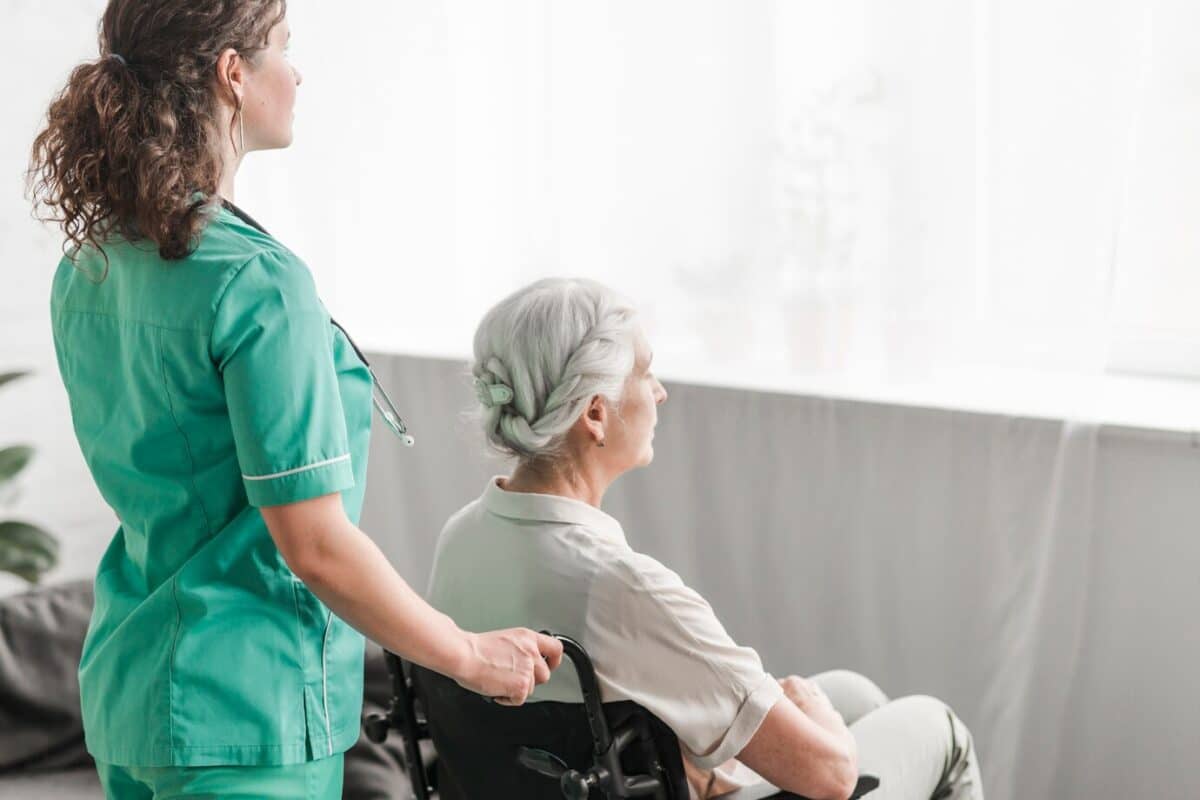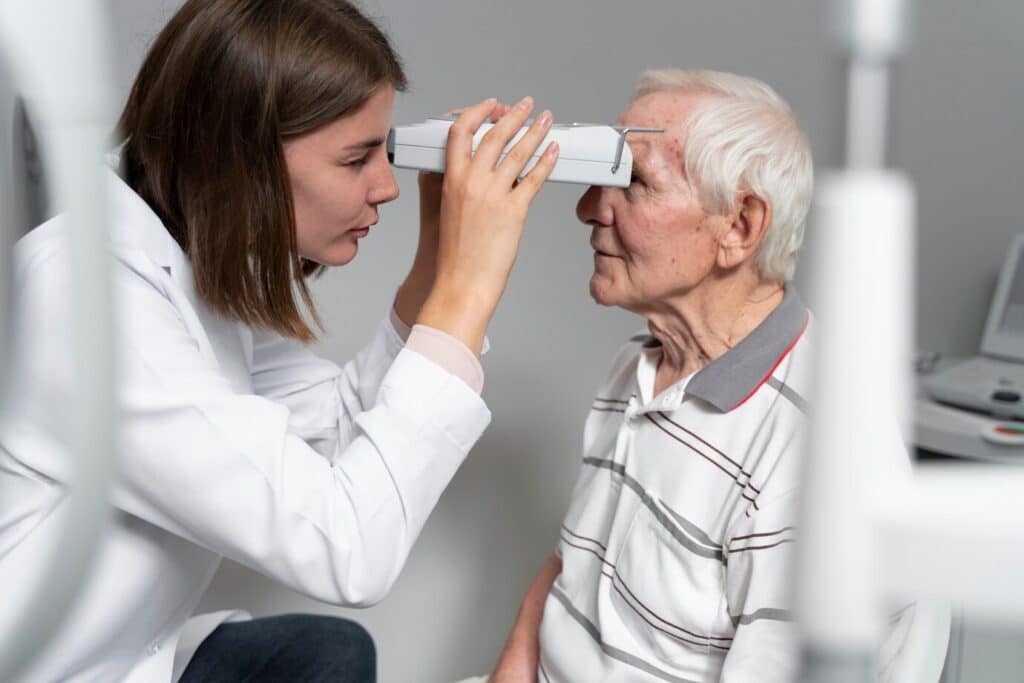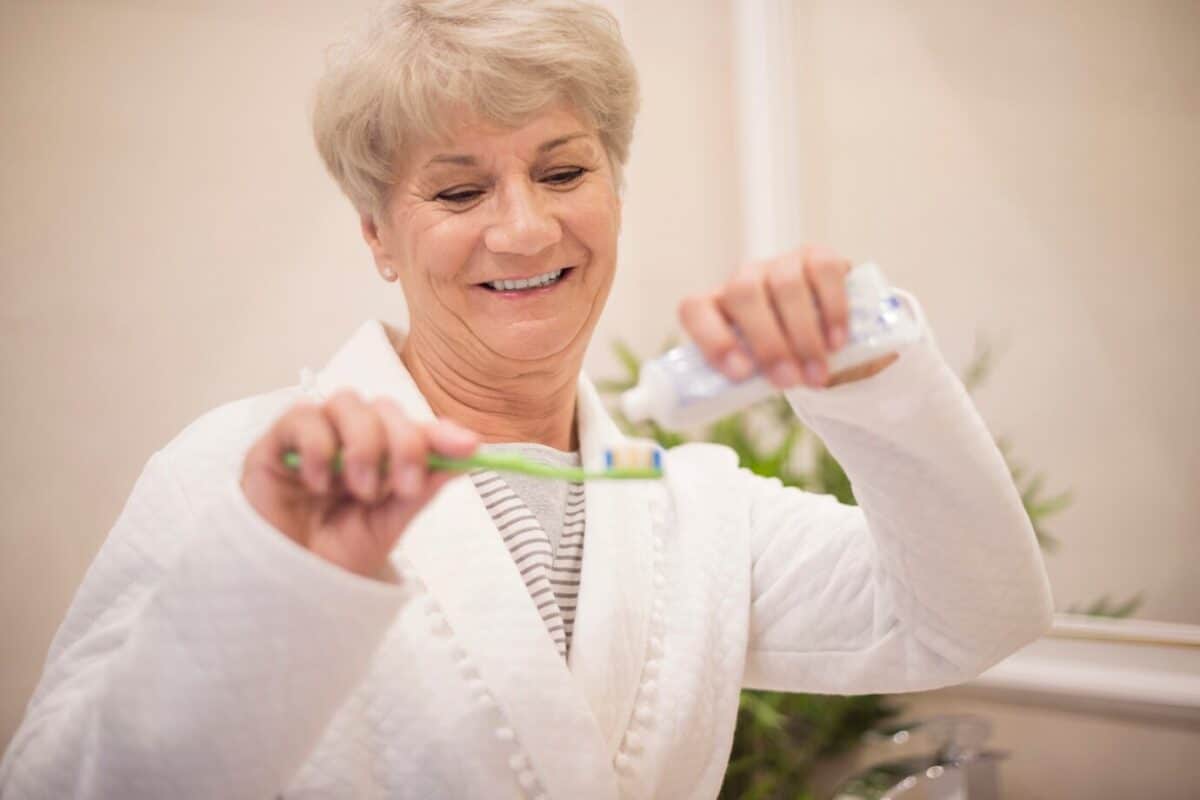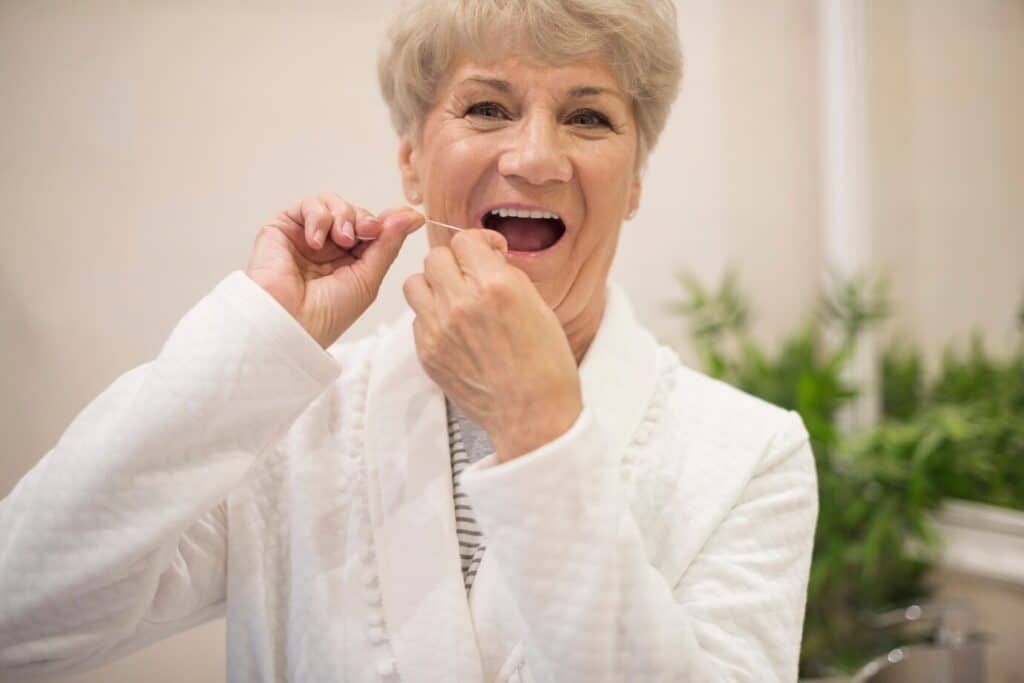5 Vital Tips for Senior Nutrition: Unlocking Health & Vitality
In the heart of Riverside, California, where vibrant living meets serene landscapes, Westmont of Riverside stands as a beacon of community and care for seniors. Maintaining optimal health becomes increasingly vital as we journey through life’s different stages, particularly in our senior years. Nutrition is central to this pursuit, influencing our energy levels, cognitive function, and overall well-being. In this guide, we’ll explore five essential tips for senior nutrition designed to empower you with the knowledge to lead a healthier, more vibrant life.
1. Prioritize Nutrient-Dense Foods:
Eating various nutrient-dense foods is crucial for seniors to meet their daily nutritional needs. Focus on incorporating fruits, vegetables, whole grains, lean proteins, and healthy fats into your diet. These foods provide essential vitamins, minerals, antioxidants, and fiber, promoting optimal health and vitality. Aim for a colorful plate filled with diverse nutrients to support your overall well-being. Avoid processed foods and excessive consumption of sugary or high-fat snacks, as these can contribute to inflammation and chronic health conditions.
2. Stay Hydrated:
Proper hydration is often overlooked but is equally important for seniors’ health. Dehydration can lead to fatigue, confusion, and even more severe complications such as urinary tract infections and kidney stones. Aim to drink plenty of water throughout the day, and consider consuming hydrating foods like fruits and vegetables. Be mindful of medications or health conditions that may increase your risk of dehydration, and adjust your fluid intake accordingly. Consulting with a healthcare provider can help tailor your hydration needs to your circumstances.

Stay Hydrated
3. Pay Attention to Portion Sizes:
As we age, our metabolism slows down, and our calorie needs may decrease. It’s essential to pay attention to portion sizes to avoid overeating and maintain a healthy weight. Smaller plates, bowls, and utensils can control portion sizes and prevent overconsumption. Listening to your body’s hunger and fullness cues can help you eat more mindfully and prevent unnecessary snacking. Remember to savor your meals, chewing slowly and enjoying the flavors and textures of your food.
4. Focus on Bone Health:
Due to age-related bone loss, seniors are at a higher risk of osteoporosis and fractures. Incorporating foods rich in calcium and vitamin D can help support bone health and reduce the risk of fractures. Dairy products, leafy greens, fortified cereals, and fatty fish are excellent sources of these essential nutrients. Regular weight-bearing exercises, such as walking or strength training, can also help maintain bone density and improve overall bone health. Consulting with a healthcare provider can provide personalized recommendations based on your bone health needs.
5. Practice Mindful Eating:
Mindful eating involves paying attention to the sensory experience of eating, including the taste, texture, and smell of food, as well as hunger and fullness cues. This practice can help seniors develop a healthier relationship with food, reduce overeating, and improve digestion. To practice mindful eating, eliminate distractions during meals, such as television or electronic devices, and focus solely on enjoying your food. Take your time to chew slowly, savoring each bite, and stop eating when you feel comfortably full.
Frequently Asked Questions (FAQs):
- How can seniors ensure they get enough protein in their diet?
- Include protein-rich foods such as lean meats, poultry, fish, eggs, dairy products, legumes, nuts, and seeds in your meals and snacks.
- Consider incorporating protein supplements or shakes if you have difficulty meeting your protein needs through food alone.
- Consult with a registered dietitian or healthcare provider to determine your protein requirements based on age, weight, and activity level.
- Are there any dietary recommendations for seniors with chronic health conditions?
- Seniors with chronic health conditions should work closely with their healthcare team to develop a personalized nutrition plan that meets their dietary needs.
- Certain conditions, such as diabetes, heart disease, and kidney disease, may require modifications to your diet, such as limiting sodium, sugar, or certain types of fats.
- Consulting with a registered dietitian can provide tailored dietary recommendations and support for managing chronic health conditions through senior nutrition.
- How can seniors maintain a healthy weight as they age?
- Focus on consuming nutrient-dense foods and controlling portions to support a healthy weight.
- Regular physical activity, such as walking, swimming, or gardening, increases calorie expenditure and maintains muscle mass.
- Seek support from healthcare providers, registered dietitians, or nutritionists for personalized guidance and strategies for weight management.
Conclusion:
Incorporating these five essential tips for senior nutrition into your daily routine can significantly impact your health and vitality as you age. By prioritizing nutrient-dense foods, staying hydrated, paying attention to portion sizes, focusing on bone health, and practicing mindful eating, you can nourish your body and mind for a fulfilling and vibrant life. Remember, small changes can lead to significant improvements in your overall well-being. If you’d like further assistance optimizing your nutrition or have any questions, don’t hesitate to contact Westmont of Riverside at 951-697-2100. Your journey to better health starts today!






















